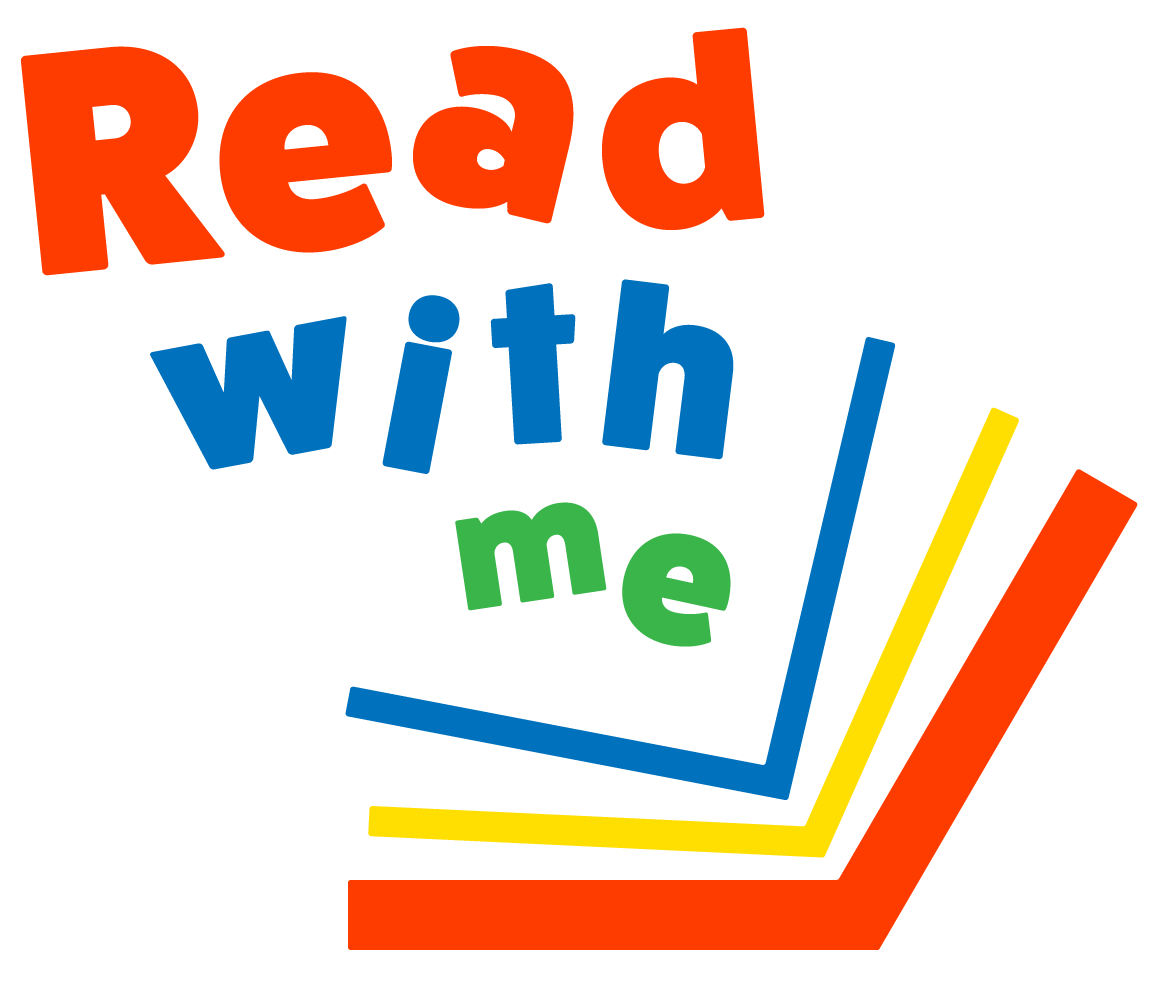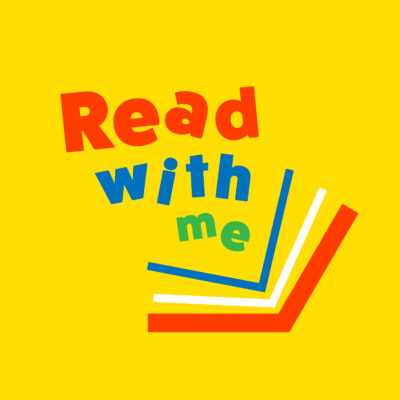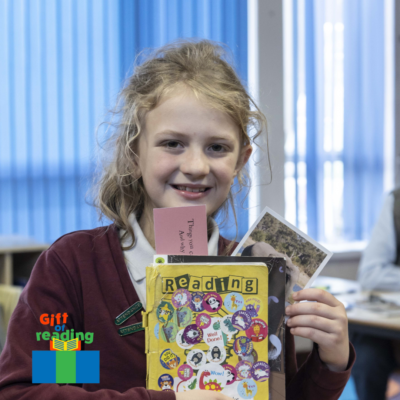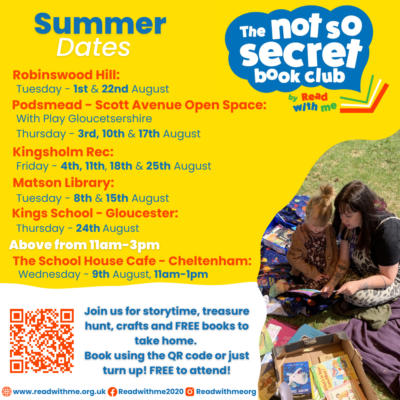At Read With Me, we know the difference that volunteering makes in the local community. But we want you to hear first-hand the impact that our sessions have, on both our volunteers and the children they hear read.
Nicholas spends a couple of hours each week helping children in Gloucestershire learn to read well. Read his story to find out why he loves volunteering with us:
You step into the classroom and immediately a forest of hands shoots up. Followed by excited whispers: “Can I read first? Please! Me, please!”. They all (actually, not quite all) want to read with you … and that’s the first reminder of why this is both important for them and so enriching for you.

Yes, some children enjoy the novelty of being let out of a lesson to do something different (although this may turn to a certain reluctance when they are called out of an art session, a nature hunt, or something else they love). But mostly it’s because they genuinely crave the opportunity to (a) engage with a grown-up who’s not their teacher, and/or (b) show off how well they can read, and/or (c) prove how much progress they’ve made since last time.
Calling for calm, their teacher hands you an A4 chart of everyone in the class with their reading record for the week. Some names are highlighted in green — they’re the ones who have a below-average reading age and are struggling a bit — while those who simply need some extra practice are in yellow.
Some of the children clamour round, hoping they’re flagged up on the list. You reassure those who are disappointed to find they aren’t that this is because they are already good readers. But this is scant compensation. B. tries to catch your eye to secure a promise he will be asked to read regardless. Such promises you learn not to dish out.
You sit in the corridor beside the first one on the schedule, and listen and watch the words as they read aloud. You jump in gently when they falter or get a word wrong, sometimes to supply the right one, sometimes to suggest they have another go, or work with them on it — it depends on the moment. When they’ve done a few pages, about 10-15 minutes worth, you call time (or they do, cheekily). You fill in their reading record with a few encouraging words, and they head back to their class to summon the next reader. This goes on for about two and a quarter hours, until school ends for the day.
The level varies widely from extremely basic to near-perfect. You quickly take this in your stride, and adapt from one to the next. The attitude varies (just as widely) from earnestly-wanting-to-get-it-right to couldn’t-be-bothered. Stickers are surprisingly effective incentives (OK, bribes) for the younger ones. Why-don’t-I-read-it-with-you works for some of the strugglers. Getting them to act out, or even sing, some passages may engage a refusenik or two. Other techniques are available.
Sometimes you just chat, barely reading anything at all. This may be as useful as the reading bit; you imagine some have seldom had a chance to speak to an adult man who is neither family nor a teacher. A. talks about whales, his best friend, his anger issues. S. describes her eight (or is it nine?) siblings and her near-death experiences. W. has a line in stream of consciousness. Some of them want to know your name, how you travelled to the school, how old your children are. You have taken a Safeguarding Course, and you are always wary of boundaries — but this bit isn’t hard.
Of course you want to teach them to read, but that’s not your job. Nevertheless, it’s highly pleasing when 8-year old M., who could barely read at all a year ago, is now whizzing through dense pages of text with hardly a pause. Or when A., in the same class, suddenly seems to “get it” one week and thereafter is on a steep upward curve.
It’s not really anything to do with you — they themselves, probably with the help of a teacher or parent, have made the breakthrough — but you like to think you sowed the seed.
Best of all are all those faces in the classroom as you go to leave at the end of the day beaming back at you, waving goodbye, saying “See you next week, Nicholas”.



